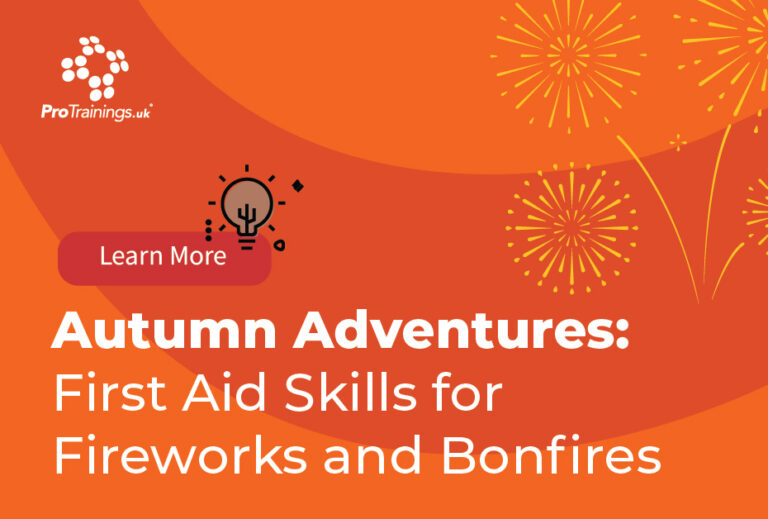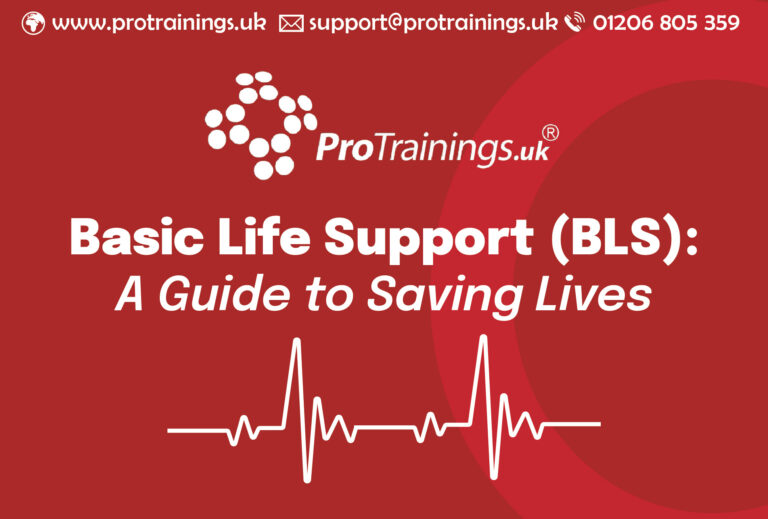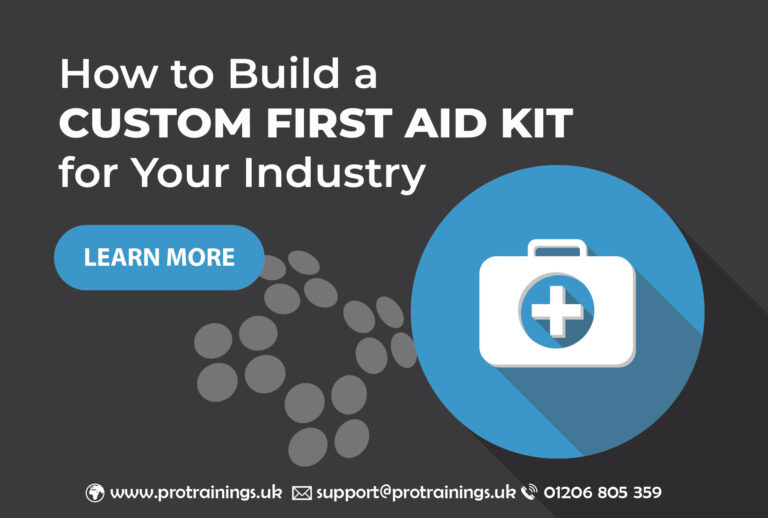Top 10 First Aid Tips for New Parents
Becoming a new parent is an exciting yet overwhelming experience, especially when it comes to keeping your little one safe. Knowing basic first aid can give you peace of mind and equip you to handle common emergencies. In this post, we’ll share the top 10 first aid tips every new parent in the UK should know.
1. Always Keep a First Aid Kit Handy
As a new parent, having a well-stocked first aid kit is essential. Ensure your kit includes plasters, sterile dressings, antiseptic wipes, and child-specific medications such as infant paracetamol. Place it somewhere easily accessible, and check it regularly to ensure everything is within date.
2. Learn Infant CPR
Infant CPR is different from adult CPR, and it’s crucial for parents to know the correct technique. If your baby isn’t breathing, call 999 immediately. Place two fingers on the centre of their chest and give 30 gentle compressions at a rate of 100-120 per minute, followed by 2 small puffs of air into their mouth and nose. Continue until help arrives.
3. Know How to Treat a Fever
Fevers are common in babies, but it’s important to manage them properly. Use a digital thermometer to check your baby’s temperature. If it’s above 38°C, try to cool them down by removing layers of clothing and offering fluids. If the fever persists or your baby shows signs of distress, contact your GP.
4. Handling Choking Incidents
Babies explore the world with their mouths, which makes choking a real concern. If your baby is choking, lay them face down along your thigh and give up to 5 back blows between their shoulder blades. If that doesn’t work, turn them over and give up to 5 chest thrusts using two fingers.
5. Recognising and Treating Allergic Reactions
Be aware of the signs of an allergic reaction, such as swelling, hives, or difficulty breathing. If your baby shows any of these symptoms, administer an antihistamine (if advised by a doctor) and seek medical help immediately. Severe reactions require urgent attention, so don’t hesitate to call 999.
6. First Aid for Burns and Scalds
Accidents happen, and it’s important to know how to treat burns. Cool the burn under cold running water for at least 20 minutes. Never apply ice or butter to the burn. Cover the area with a sterile dressing or cling film and seek medical advice if the burn is larger than a 50 pence piece or if it affects the face, hands, or genitals.
7. Managing Cuts and Scrapes
Small cuts and scrapes are a part of childhood. Clean the wound with water, apply an antiseptic, and cover it with a plaster. Keep an eye on the wound for signs of infection, such as redness or swelling. If the cut is deep or doesn’t stop bleeding, seek medical help.
8. Preventing and Treating Poisoning
Keep all medicines, cleaning products, and other hazardous substances out of your baby’s reach. If you suspect your baby has ingested something toxic, don’t induce vomiting. Call 999 or the NHS helpline for advice, and have the substance’s packaging ready to provide information.
9. Knowing When to Call for Help
As a new parent, it’s important to trust your instincts. If something doesn’t seem right with your baby, don’t hesitate to seek professional advice. In cases of unresponsiveness, severe bleeding, or difficulty breathing, call 999 immediately.
10. Attend a First Aid Course for Parents
One of the best things you can do as a new parent is to attend a first aid course specifically designed for parents. These courses cover essential skills like CPR, dealing with choking, and managing common childhood injuries. They also provide you with the confidence to act quickly in an emergency.
Conclusion
Knowing these first aid tips can make all the difference in an emergency. While we hope you never have to use them, being prepared is key to keeping your baby safe. Consider attending a first aid course to further enhance your skills and ensure you’re ready for anything that comes your way as a new parent. Learn more with first aid training for new parents.




